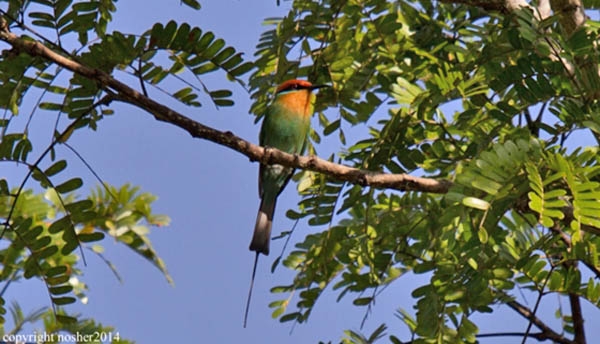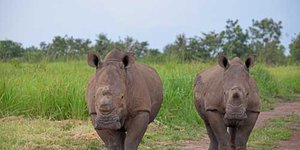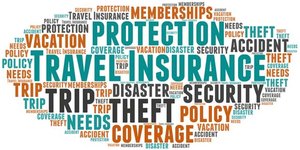Like this article?
Go on, give it a kudu!

Published on January 25 2016
Written by:
Neil
1035 views
This is a huge subject. Not meant to be as an inane opener as it reads. To my mind not aided by internet shopping. In the old days, note not necessarily good old days, you and your travel agent met across a desk…but even then had they actually experienced the sort of safari holiday you were after first hand
Introductions. I am Neil Andrews. Arthrogryposis Multiplex Congenita is my condition…disability. Sixty-one years old with a lot of attitude, most of it good, with a smile. And a naughty sense of humour. Had to be British with the word naughty and the erroneous u!
It was 1996 when I went on my first African safari holiday and have been back at least once every year since, with two already booked for 2016. If you are mobile, that is can generally move without or with limited assistance, and neither visually nor orally impaired then, from my personal experience, your disability is of marginal consideration for a traditional ‘bum on seat’ safari.
The toughest element of the day will be climbing aboard and disembarking the safari vehicle. If a 4x4 the camp will often have steps as well as personnel on hand to help you. Brilliant. Except at one camp where the last row of seats of the vehicle was particularly high off the ground the steps did not travel with us, so therefore descending for pit stops/sundowners was not so easy…Kasanka in Zambia a case in point…and I had my sundowner on board.
Boarding and disembarking boats and mokoros (i.e. canoes) can be challenging for, apart from perhaps simply wishing to keep one’s feet dry, the stepping in to the vessel may not be that easy. Experience has taught me to ask for assistance and explain what the issue or level of disability restricts you from doing.
Not all safari camp sites are on the flat therefore on of the keys things is to ensure that your agent has requested that your tent/room/chalet is the nearest to the boma/main building … if that means the shortest distance on the flat (not always the case). In daylight ensure that you know of small rises, rough edges that even with a torch may not be so visible after dark.
Hopefully those of us with a disability have extra common sense. Hopefully.
Next time – how do you and your internet agent judge your physical capabilities?
Have your own recommendations / tips for travelers? Please emails us!
Has been on: 10 safaris
Though born in Mauritius, some years ago, it was not until 1996 that I first went on a safari holiday. I have been back to Africa at least once every year since - a bit of an addiction. In my particular case Arthrogryposis Multiplex Congenita affects my arms and legs - most noticeably hands and feet. I hope to share experiences and how a disability does and does not affect safari travel. Named Neil Raffan Andrews I write under the name of Neil Raffan. The ease with which one can self-publish has not only allowed me to publish my back catalogue of novels but also more recent pieces which include travel writing.
© Your African Safari Ltd, All rights reserved.
Your African Safari is a safari-planning and safari review site. It was created to help support a healthy African wildlife population. All reviews are vetted before being approved and only ethical tours are published

Garamba National Park—an anchor of hope in the Democratic Republic of Congo
Published on January 09 2025
By: R.W.

Namibia imposes new visa requirements
Published on July 25 2024
By: yourafricansafari.com

Do I really need travel insurance or travel protection for my safari?
Published on July 30 2024
By: yourafricansafari.com